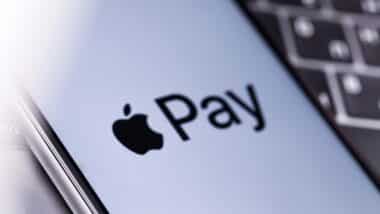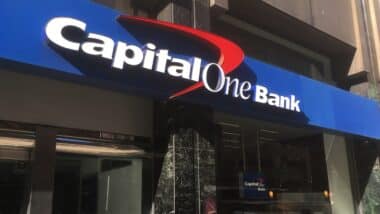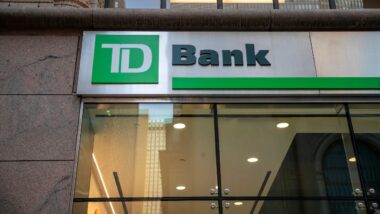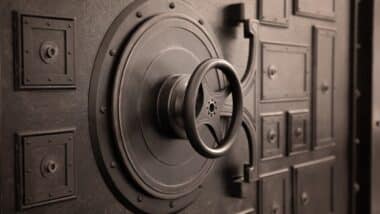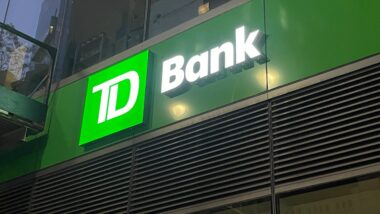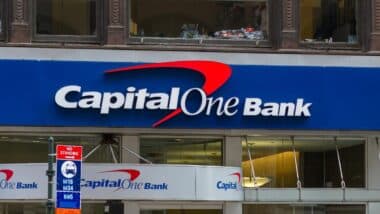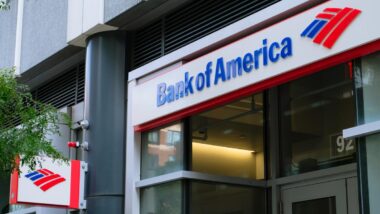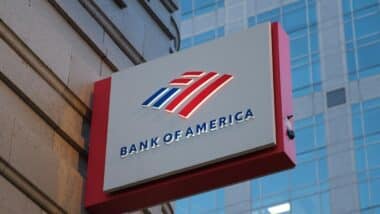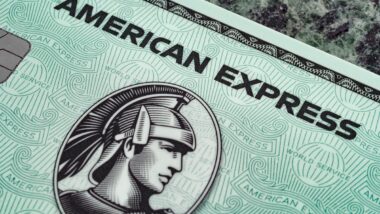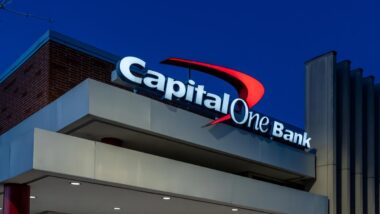 More financial institutions are under investigation because sales pressure might have led employees to open a fake checking account or credit card account.
More financial institutions are under investigation because sales pressure might have led employees to open a fake checking account or credit card account.
After the Wells Fargo scandal led to the firing of 5,300 employees who allegedly opened a fake account or enrolled customers in other bank services without consent, the Office of the Comptroller of the Currency (OCC) took a look at many other large banks in the country.
The OCC began the review of more than 40 banks back in 2016 and said they found banks that had “some weaknesses” in the “policies, procedures and controls” of banks and their sales programs. The OCC said many of the banks had already taken steps to turn the situations around.
Among the common actions were closing any unauthorized fake checking account or fake credit card accounts, providing refunds to customers who incurred fees as a result of the fake accounts and amending the customers’ credit history if needed, said the OCC.
Even though the OCC has not made its report public and has no plans to make it public, CNNMoney reported that employees at other banks told a reporter that high pressure sales existed among other chains. One former bank employee told CNNMoney that even though Wells Fargo got caught, the entire banking industry is playing the same game.
Among the banks currently under investigation by private consumer rights attorneys are TD Bank, Bank of America, Royal Bank of Canada, Capital One, HSBC and BOK Financial.
Why Would an Employee Open a Fake Checking Account?
When Wells Fargo’s scandal became clear and implicated thousands of employees who were allegedly opening a fake checking account to earn sales points, many employees said their managers turned a blind eye to the behavior. In order to meet supposedly outrageously unrealistic sales goals, the employees said they were left little choice than to cheat.
Because the employees used the information already found in current existing accounts of real customers, the employees were able to keep the fake checking account creations under the radar.
If you are a customer of TD Bank or any of the other banks under investigation, you may detect a fake checking account or fake credit card account has been created under your name by checking for the following clues:
- Overdraft Fees. Before opening a fake checking account for a customer, a Wells Fargo employee had to move money from the customer’s valid account to open the new fake account. Customers who believed they still had a certain amount of money in their real account incurred overdraft fees when they spent more money than they had available in their real account.
- Bank Fees. Instead of opening a fake checking account for a current customer, some Wells Fargo employees earned sales points by upgrading current customer accounts to more expensive accounts.
- Interest Charges or Annual Fees. If a credit card was opened in your name without your consent, you could incur interest charges or annual fees to maintain that credit card account.
- Credit Report Changes. Any attempt to open a new account in your name will appear on your credit report.
TD Bank customers and customers of other financial institutions can receive a free annual copy of their credit report from each of the three major reporting bureaus.
An unauthorized bank accounts lawsuit investigation is now looking into banking sales practices at the following banks:
- Bank of America
- BOK Financial
- Capital One
- HSBC
- Royal Bank of Canada
- TD Bank
If you are a customer at one of the banks listed above and you were charged for fees from a bank account you did not open, you were issued a credit card you did not request, or you were enrolled in services you did not authorize, you may qualify to join this fake bank account class action lawsuit investigation.
ATTORNEY ADVERTISING
Top Class Actions is a Proud Member of the American Bar Association
LEGAL INFORMATION IS NOT LEGAL ADVICE
Top Class Actions Legal Statement
©2008 – 2025 Top Class Actions® LLC
Various Trademarks held by their respective owners
This website is not intended for viewing or usage by European Union citizens.
Get Help – It’s Free
Join a Free Fake Bank Account Class Action Lawsuit Investigation
If your bank and credit union has engaged in deceptive overdraft fee practices, you may have a legal claim. Fill out the form on this page now to find out if you qualify!
An attorney will contact you if you qualify to discuss the details of your potential case.
PLEASE NOTE: If you want to participate in this investigation, it is imperative that you reply to the law firm if they call or email you. Failing to do so may result in you not getting signed up as a client or getting you dropped as a client.
In order to properly investigate fake bank account claims, you may be required to disclose bank statements to attorneys. Please note that any such information will be kept private and confidential.
Oops! We could not locate your form.

